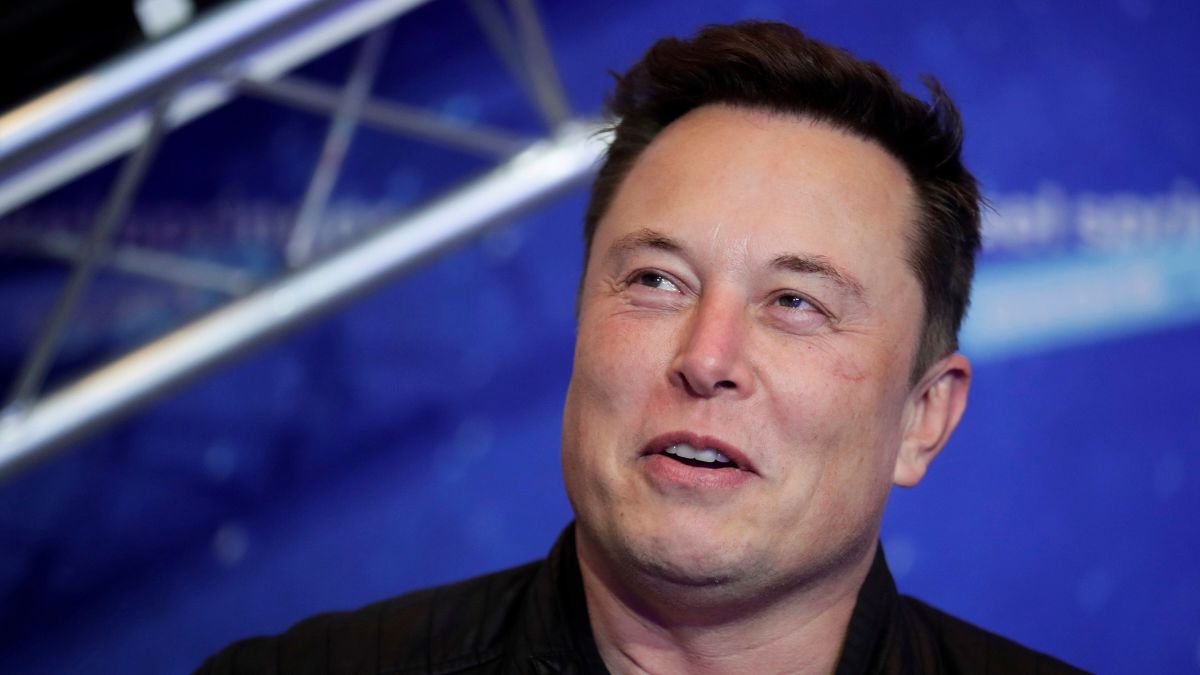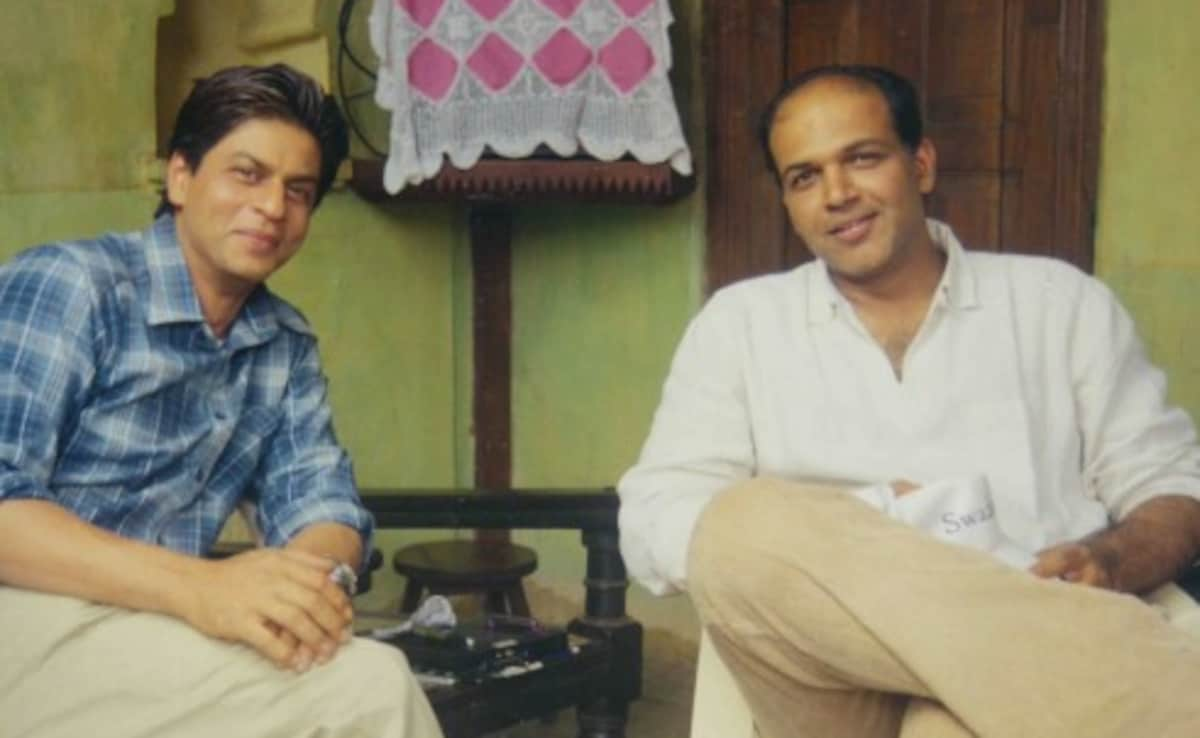
<p>Elon Musk, CEO of Tesla, has said Samsung Electronics will manufacture the US electric vehicle maker’s next-generation AI6 chip at its semiconductor plant in the state of Texas.</p>
<p>Musk made the announcement on Sunday (U.S. time) on his social media platform X, formerly known as Twitter, stating, “The strategic importance of this is hard to overstate.”</p>
<p>He added that Taiwan Semiconductor Manufacturing Company (TSMC), which has just completed its design phase, will initially produce the AI5 chip in Taiwan, reports Yonhap news agency.</p>
<p>Musk also said Samsung, which currently manufactures the AI4 chip, has agreed to allow Tesla to collaborate in efforts to maximise manufacturing efficiency.</p>
<p>Tesla’s AI6 chip is designed to be scalable small enough for use in humanoid robots and self-driving cars but powerful enough for artificial intelligence (AI) data centre.</p>
<p><strong>Also Read : <a title=”Gold Rate Today (July 28): Check Out Gold Prices In Delhi, Mumbai, Bengaluru, Ahmedabad, More Cities” href=”https://news.abplive.com/business/personal-finance/gold-rate-today-july-28-gold-prices-in-delhi-mumbai-bengaluru-ahmedabad-1791078″ target=”_self”>Gold Rate Today (July 28): Check Out Gold Prices In Delhi, Mumbai, Bengaluru, Ahmedabad, More Cities</a></strong></p>
<p>Samsung Electronics said on Monday it has secured a 22.8 trillion-won (US$16.4 billion) order to supply semiconductors to a major undisclosed customer. In a regulatory filing, the South Korean tech giant said it signed a foundry contract set to be completed by December 31, 2033.</p>
<p>The contract accounts for 7.6 percent of the company’s total revenue of 300.9 trillion won last year and marks the largest chip order ever won by Samsung Electronics.</p>
<p>The deal is expected to give a much-needed boost to its foundry division, which has long struggled to catch up with global industry leader Taiwan Semiconductor Manufacturing Company (TSMC).</p>
<p>In its earnings guideline released earlier this month, Samsung Electronics estimated an operating profit of 4.59 trillion won and sales of 74 trillion won for the second quarter.</p>
<p>In particular, operating profit failed to meet market expectations, mainly due to the sluggish performance of the foundry and the System Large Scale Integration (LSI) divisions, according to the report.</p>
<p><em><strong>(This report has been published as part of the auto-generated syndicate wire feed. Apart from the headline, no editing has been done in the copy by ABP Live.)</strong></em></p>








